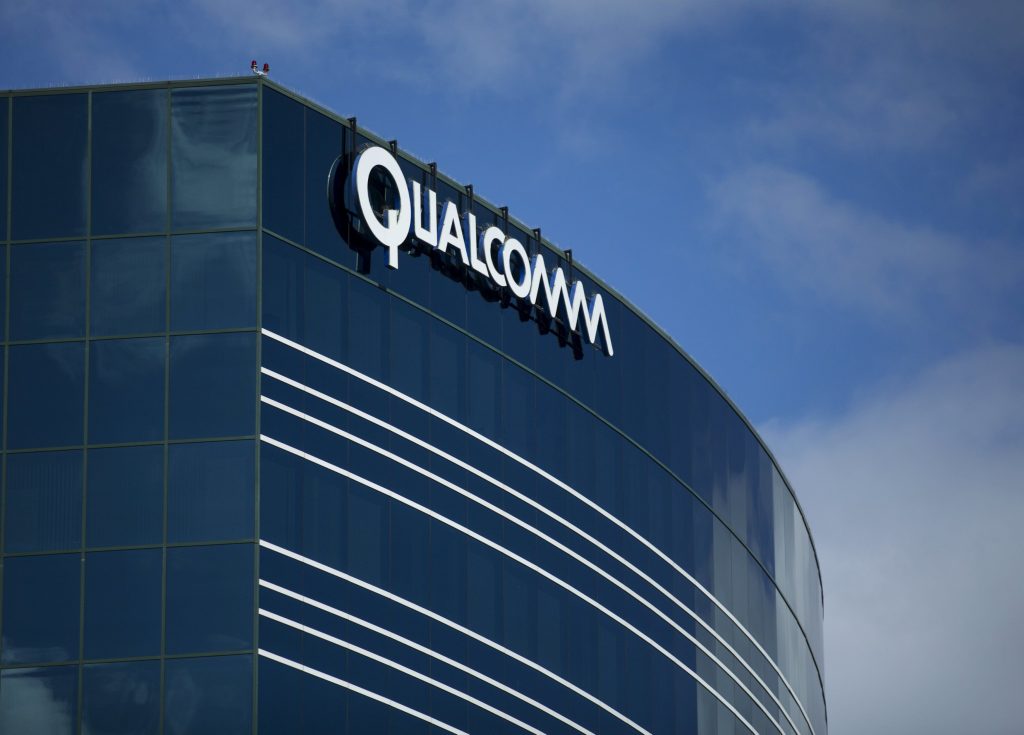
A U.S. District Court judge has issued a ruling saying that Qualcomm Inc. (NASDAQ: QCOM) must change how it does business and renegotiate its license deals with its customers. Judge Lucy Koh wrote in her ruling: “Qualcomm’s licensing practices have strangled competition in the CDMA and premium LTE modem chip markets for years, and harmed rivals, OEMs, and end consumers in the process.” As part of the ruling, Qualcomm must now report to the U.S. Federal Trade Commission (FTC) on an annual basis and submit compliance and monitoring reports for the next seven years.
More than two years ago, the FTC filed a lawsuit accusing Qualcomm of operating a monopoly in wireless chips. The agency argued that Qualcomm charged “excessive” licensing fees for its technology and forced customers to work exclusively with it. The FTC said that Qualcomm’s actions stifled competition, which in turn drove up the cost of phones and hurt consumers with higher handset prices.
Judge Koh agreed with the FTC arguments, writing in her ruling that Qualcomm can’t force a customer to sign a license before it will supply it with chips. The verdict calls into question the company’s entire business model. A considerable amount of Qualcomm’s revenue comes from collecting royalties based on the value of the handset using its chips.
FTC Competition Director Bruce Hoffman said in a statement that the “decision that Qualcomm’s practices violate the antitrust laws is an important win for competition in a key segment of the economy.” He continued on to say, “FTC staff will remain vigilant in pursuing unilateral conduct by technology firms that harms the competitive process.”
In a statement, Don Rosenberg, executive vice president and general counsel for Qualcomm, said, “We strongly disagree with the judge’s conclusions, her interpretation of the facts, and her application of the law.” Qualcomm intends to seek an immediate stay of the district court’s judgement and an expedited appeal to the U.S. Court of Appeals for the 9th Circuit. While it usually takes about two to three years for the 9th Circuit to issue rulings in antitrust cases, fast-tracking the case could mean a decision in about a year.
